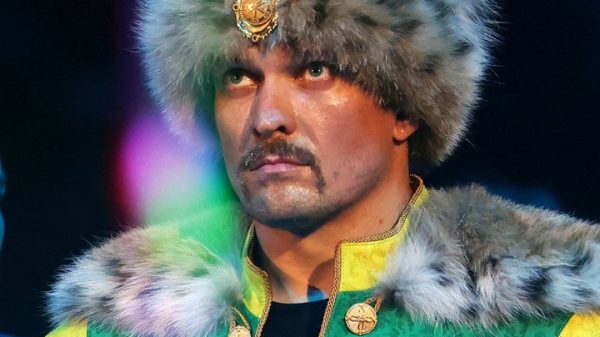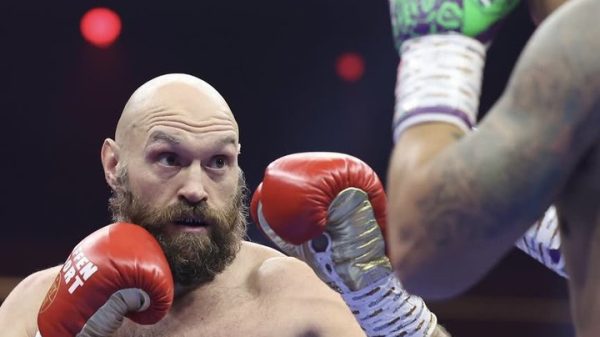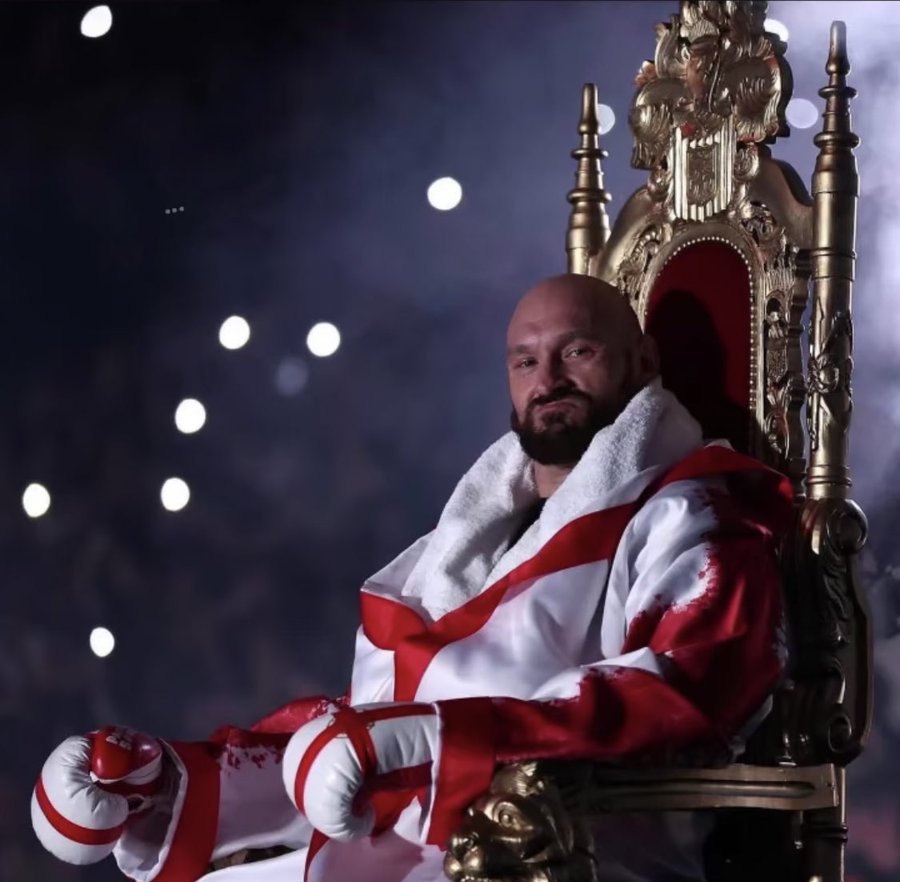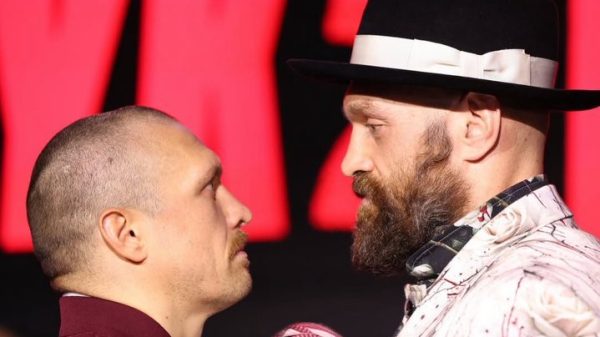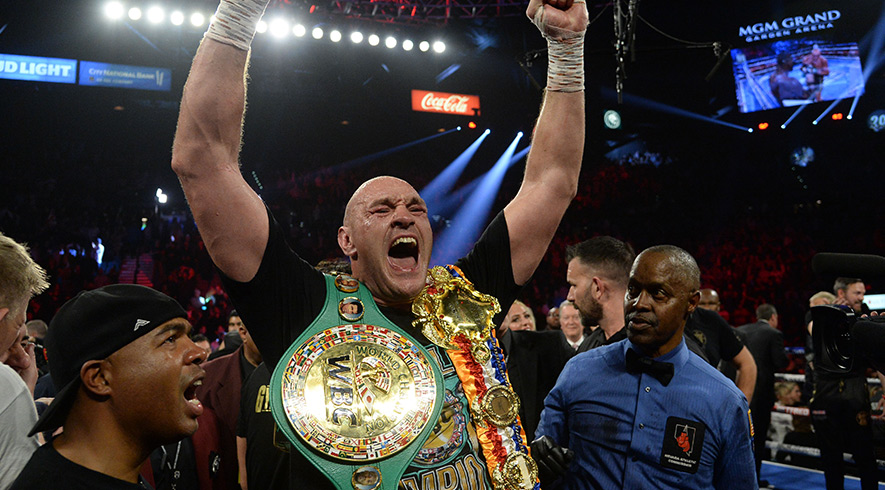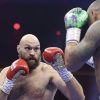Introducing Inoue: Can He Melt “Chocolatito”?
By: Brandon Bernica
As soon as perennial talent Roman “Chocolatito” Gonzalez finished unlacing his gloves after a dominant performance over McJoe Arroyo a few weeks ago, the boxing universe began to chatter. See, Gonzalez has hit the point in his accomplished career where his promoters are scraping the bottom of the bucket of potential foes at 112 pounds. Consensus is that, other than a rematch with Juan Francisco Estrada – who Gonzalez already edged out in a classic little-man’s scrap, no one in the division seems to pose any semblance of a threat to the Nicaraguan champ.
Paired with middleweight monster Gennady “GGG” Golovkin on April 23rd for the 3rd time, the dynamic was crystal clear. Golovkin billed as the heavy-handed ticket magnet that galvanized Southern California’s Mexican fanbase, whereas “Chocolatito” showcased as the slightly lesser-known flyweight maestro, conducting an orchestra of scathing hooks to the solar plex and overhand rights that thudded like strikes to a bass drum. Golovkin appears headed towards assuming the top space in boxing’s pound-for-pound hierarchy. In doing so, he will have to replace the man firmly ensconced in that position by most of the boxing press – his cohort, Roman Gonzalez. And in the prime of his career at 45-0 and with Hall-of-Fame credentials, who could argue that?
Every race has its dark horse. As frontrunners fade and contenders jockey to escape mediocrity, one horse usually thrusts forward to lead the pack. With our eyes trained on the one runner exercising his dominance over the field, an underdog missiles his way out of obscurity until he grabs our attention. Once our peripherals finally recognize this challenger’s determination, the real race begins.
Across the Pacific Ocean, an anomaly is slowly building a dangerous reputation in the sport. Naoya Inoue – hailing from Yokohama, Japan – is not your average fighter. For starters, he reigns as a two-time super flyweight world champion already, winning his first title in his 6th pro fight. Even more bizarre is that he still has less than 10 fights total and barely broke the age of 23 a couple weeks ago. In an era when promoters are looking to season their fighters with 15-20 comically soft tuneups before even considering decent opposition, this feat is remarkable.
If you’re old-school and prefer your cup of analysis with heavy doses of the eye test, Inoue is tough to knock in any perceivable category. Even small highlight reel sample sizes reveal gifts many veterans in the sport spend their lives seeking with no fruition. For an orthodox fighter, Inoue uncorks his lead left hook with a quick, rebuking snap. If that punch doesn’t punish his oft-poorly distanced foes, a slicing right hand – never thrown off balance – cleans up his combinations. Perhaps the most noticeable aspect of Inoue’s quick yet explosive career is his propensity to down fighters with body shots. Today’s culture of quick-fix consumption in the form of Vine clips and Instagram videos has diluted the sport’s craft, with boxers head-hunting for their shot to be seen on Sportscenter’s nightly top plays. Body snatching is a lost art, so the fact that the Japanese prodigy often pulverizes his foes’ guts with blows to the midsection is as impressive as it is unnoticed. What better way for an under-the-radar talent to finish fights than with punches that are also rarely appreciated by fans? To top it off, his defensive reflexes and footwork stay steps ahead of the men attempting to punch him, keeping him scotch clean and favorable in the judges’ eyes.
With all that being said, it begs the question: how could boxing’s best kept secret remain so anonymous for so long?
For one, Japanese fighters have long been reluctant to cross stateside into our collective consciences. And who could blame them? Boxing is celebrated in a Japanese culture where bravery is amongst its most notable precepts. Japanese fans shower adulation on their homebred fighters. One would surmise that financial incentives are strong for these fighters to remain on the island. 130-pound titan Takashi Uchiyama – considered the best in that division by many – has never ventured outside his home country to fight. Uchiyama’s rival Takashi Miura also held 32 of his 34 matches in Japan. One of the two foreign-turf opportunities he seized was the chance to appear on the massive Canelo vs Cotto undercard last year against Francisco Vargas, which proved to be a classic war between two rugged fighters. Japan’s boxing independence even attracts fighters from other countries to live and train inside its borders, including current lightweight champion Jorge Linares, who lives in Tokyo.
Another theory behind Inoue’s lack of public prominence deals with boxing’s long-standing, passive discrimination of the “little guy”. One common myth is that smaller fighters lack the one-punch pop to make for entertaining fights. Yet Gonzalez’s fights against Estrada and Brian Viloria validate that weight shouldn’t be a determining factor for fan enjoyment. Still, pundits such as BJ Flores will fail to acknowledge anything that transpires in the sport below 122 pounds (10 pounds above Gonzalez and 7 above Inoue). In fact, it took HBO up until last year to finally “gamble” and slate Gonzalez onto a GGG undercard. Mind you, Gonzalez is the best to offer south of 122 pounds; if he could barely find significant TV time, how does that bode for lesser warriors around that weight? And how likely does that make a network to fund a foreign fighter who, on paper, lacks the paid dues that landed “Chocolatito” air time?
Inoue’s slim amount of pro experience also might discourage fans from looking beyond the surface into what the Japanese star is all about. Guillermo Rigondeaux won his first title in his 9th fight, and Vasyl Lomachenko challenged for his first in only his 2nd official battle of his pro career. Granted, both those guys were amateur stars, yet their rapid ascensions didn’t scare away networks from getting them big time fights. Both men are of foreign descent as well and don’t speak much English. By default, you would believe that everyone would be clamoring to bring Inoue to America to be groomed into a marketable television fighter, yet that hasn’t been the case.
What’s clear is that there remain a number of factors obstructing Inoue’s inevitable birth into superstardom in the US. What isn’t clear is whether Gonzalez would be able to handle a slick, youthful talent in Inoue a few years down the line.
Yeah, yeah, Gonzalez would be favored against the Japanese slugger now. But let’s say Inoue continues down the path of success he’s towing closely right now. Perhaps he gets to hang a few more belts from his living room mantle and learns more inside of the ring in doing so, all while hitting his stride at 25 or 26. By that time, Gonzalez will only be in his early 30’s, meaning each man will presumably still command top-notch skills. Hopefully, boxing will realize the value in lower division fights, allowing this to be an event hardcore fans would anticipate with fervor.
Within the ropes, both fighters carry strong claims that they possess the qualities necessary to outlast the other guy. Gonzalez punches in bunches, is a master at gauging timing and distance, and punctuates combinations with torso turning power. Yet – out of anyone Gonzalez could face in the interim – Inoue is much more defensively sensible. Plus, his power, punch variety and intelligent offensive restraint pose monstrous quandaries that Nicaragua’s own will have to overcome. Remember also that Inoue is naturally the bigger man (3 pounds heavier), so taking and giving shots will be much easier on his end than for Gonzalez.
Two conclusions can be drawn from all of this. One is that Inoue is a diamond blaring from the rough, reflecting off the sun and daring us to notice its greatness. Two is that Gonzalez is a cut above, and to uplift respect for the smaller combatants of the sport to new heights, he might just need a true rival to test him, one who also has never glimpsed defeat in the eye. A match made in heaven just may require some divine intervention to fulfill these expectations. But like the dark horse, expectations are meant to be shattered. That’s when the fun really starts.

